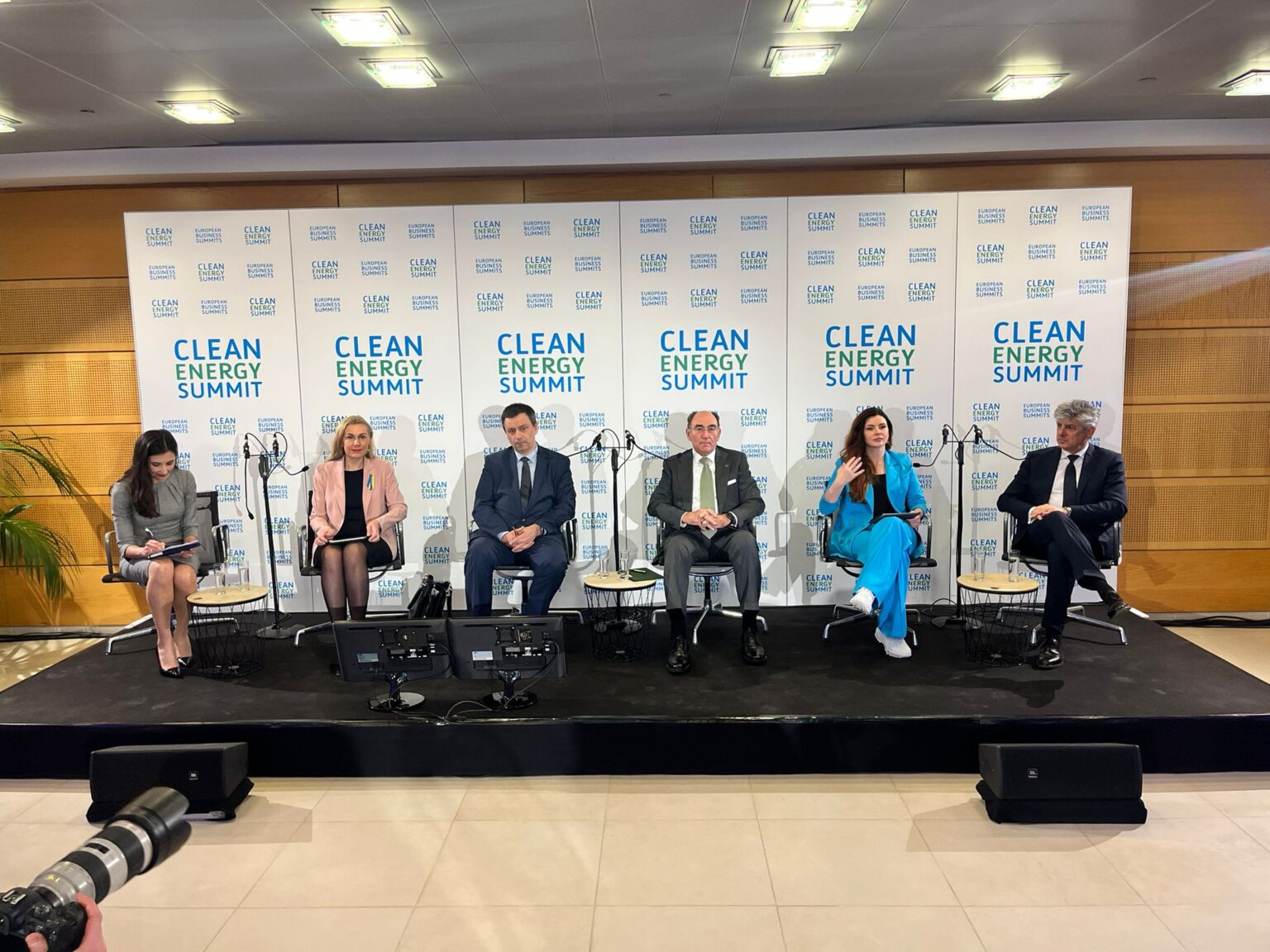Polska Grupa Energetyczna is participating in debates about reforming the electricity market in the European Union. Wanda Buk, responsible for regulatory affairs at PGE, argues that the reform should first and foremost support investments.
A series of events organised or attended by the PGE is supposed to convince the Brussels bubble of institutions, organisations and political powerhouses of the European Union to consider the Polish view of the changes in the electricity market after the energy crisis fuelled by Russia and the invasion of Ukraine.
PGE highlights that on the 14th of March, the European Commission presented its long-awaited electricity market reform package that includes amendments to the internal market for electricity directive and regulation as well as the REMIT regulation. The main thrust of the reform is to provide consumers with more protection by providing them with predictable energy prices while maintaining the benefits of short-term markets. This is to be achieved through, among other things, a broader promotion of PPAs and the use of two-way contracts for differences. An important element of the reform is to strengthen the supervision of the proper functioning of the market, among other things, by assigning additional competencies to ACER. The reform also aims to introduce the right to energy sharing and additional instruments (peak shaving and enabling the creation of national flexibility support schemes) intended to increase the possibilities to integrate renewables into the electricity grid.
“We are pleased that the most radical ideas for changing the architecture of the market were not incorporated. Thus, we agree with the European Commission that the fundamentals of market functioning – starting with the marginal price mechanism – should not be changed,” assessed Wanda Buk, PGE Vice-President for Regulatory Affairs. “We share the view of the authors of the reform as to the need to increase the importance of long-term mechanisms,” pointed out Vice-President Wanda Buk during the online Electricity Market Design: how can reforms accelerate the transition and help cut energy prices? conference organised by EnergyPost.eu – adding at the same time that the importance of investments in electricity grids should be assigned more importance and the parameters of contracts for difference should be defined in such a way that the instrument adequately reflects the changes in the cost of project implementation that take place between the signing of the contract and the completion of the investment.
“Any revenue from contracts for difference should be redirected first to long-term investments – such as distribution networks, storage and RES. Passing these funds on to end users – as the Commission wants to do in the proposed reform – is like giving a man a fish instead of teaching him to fish. In contrast, the reform itself should do more to stimulate the appropriate investment signals needed to achieve the ambitious REPowerEU package targets. Introducing an overly restrictive fiscal policy in the form of price caps will lead us further away from achieving our climate goals because the change in the energy mix will depend on the energy companies and the large-scale investments they make,” argued Vice-President Wanda Buk at the Reforming the European Electricity Market event organised by the Financial Times with the participation of, among others, Teresa Ribera, Spanish Deputy Prime Minister responsible for energy affairs.
Wanda Buk also argued that it is worth noting that the big obstacle to energy transition is currently the lack of physical possibilities to connect new renewable sources to the electricity grid. For example, in Poland alone, in 2017/2018, there were around 260 refusals to issue the requirements for the connection of installations to the grid, and just a few years later – In 2021/2022 – the number grew to nearly 3,500. Therefore, additional incentives should be established and efforts should be made to remove investment barriers to the growth of connection capacities – as acknowledged by the participants in the discussion on market reform held as part of the Clean Energy Summit with the participation of Kadri Simson, the Commissioner for Energy, among others.
According to Wanda Buk, „the obligation to hedge positions in the form of one specific instrument, such as PPAs, seems overblown and will not contribute to finding the right relationship between all market participants”.
PGE’s strategy assumes spending PLN 70 billion until 2030 on investments aimed at energy transition. An update to the strategy planned for the first half of 2023 is also expected to include investments in nuclear power, to be carried out jointly with ZE PAK of Poland and Korea’s KHNP. Through this cooperation, up to four APR1400 nuclear units could be built at the site where the Pątnów-Adamów-Konin Power Plant Complex is currently located. The financing of this project will crucially depend on the outcome of the energy market reform regarding the contracts for difference referred to above.
Wojciech Jakóbik









